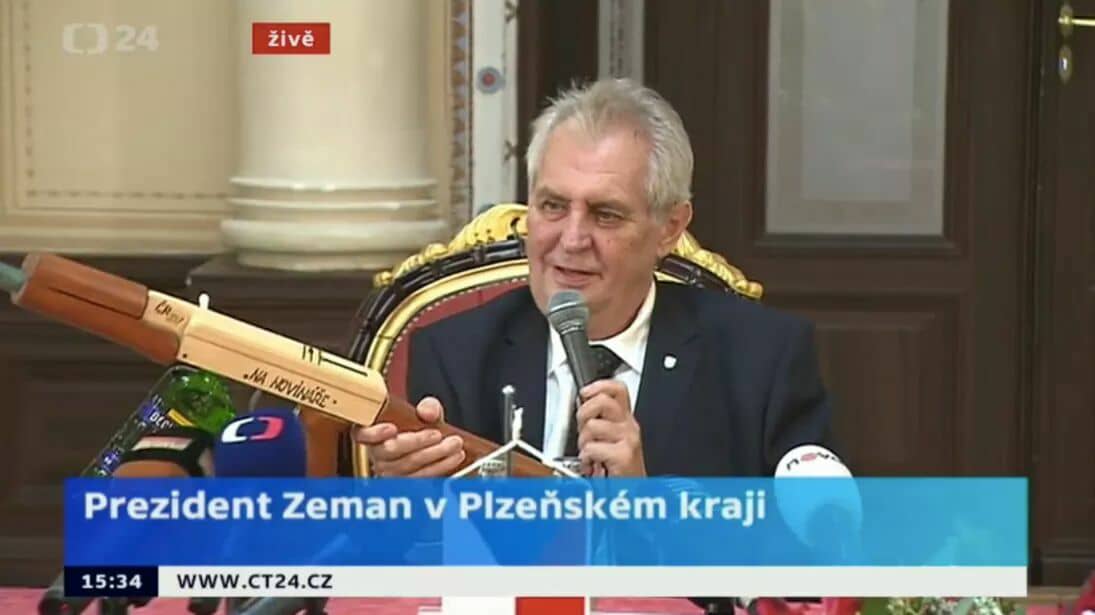We use Instagram to look at new products, trends, and even news. We rely on influencers to tell us what is stylish and what isn’t. So many people, from different age ranges look up to these people. Now, the same people that are recommending the best restaurants or brands, have begun using that same platform to shift the political agenda. Nicole Bitar reports
In Mexico’s June elections, many social media influencers, with millions of followers, used their voice for political purposes to support the Green Party, the environmental party in Mexico. They believed that telling their viewers they would be voting for that specific party for their millions of followers would have no repercussions. Just a few days later they would be proven wrong. Fernanda Moreno, one of the influencers themselves stated that some were being paid up to the equivalent of £36,000, while others were paid £300. It seems a completely normal commercial transaction for them to receive sponsorship for a hair product but when it comes to the future of the country, they seem completely unaware of the reality. They think in numbers. How many likes? Shares? Mentions? How much money? This clout-chasing has revealed their insatiable hunger for a wider audience.

The lack of ethical principles is evident as the 103 influencers, members of the same agency, spoke on the same thing, with the same lines, on the same day. These influencers broke election law. The electoral ban makes it illegal to endorse a political party through any medium in the week before an election. This created a detrimental image for the Mexican Green Party (PVEM), but even more for these influencers.
The Green party has a reputation for selling itself to whoever is in power for economic and political gains. This year they managed to ally themselves with Morena, the National Regeneration Movement. AMLO, is the nickname for Andres Manuel Lopez Obrador, the leader of Morena, a party that fluctuates between a mix of populism and social democracy. But actions speak louder than words, and all AMLO has been able to do is to promise, but never deliver. He promised to diminish corruption, which has been a topic connected to his family1. Three years into his presidency, he has taken a soft approach to violence and counternarcotics. And yet, 35,000 people were killed in his first year in office reaching a record high2.
Amlo has dedicated himself to distract the people with his famous “mañaneras”, morning conferences that the President has, five days a week, discussing political matters in a filterless manner, and small details he finds comical but he has not taken any substantial actions that are beneficial. He wants to take steps back, into a place where Mexico was dependent solely on petroleum instead of looking at the potential that this country has.
The political issues in Mexico are clear, but the problem that lies with this is the way that influencers have completely blurred the line between the right and the wrong just to win money. The bubble that these influencers are in means they don’t understand real politics. It might be okay to support the Green Party but the vote they promoted, would not be a vote for the Green Party, it was one for Morena.
Social media has become a vehicle for control of the population and has blinded people from seeing the good and the bad of any situation or the repercussions that could surface. Networks today have a sense for multimodality that allows for a globalized audience and mobilized approach to making the influence of the media central to our cultural identity. The sense of self has been manipulated into one where the society of consumerism has been able to be controlled. Look at conspiracy theorists and extremists using social media to activate their support system and gather more views. Moreover, the way that influencers are being so forthright about their emotions and talking to their viewers as if they were their friends (or even their therapist) has created a shift from face to face interaction, to one of a mediated interaction. There is a separation of real world context from what we see on screen. We now have a net-based high-trust relationship that gives the idea to viewers that the microcelebrities on their screen are qualified professionals.
32.2 million Mexicans have an Instagram account. The influencers are using the platform as a source of news and activism in the same way they use it for entertainment. The same person building an online sense of self based on talking about diets and workouts has managed to use that same platform to attempt to move political consciousness.
 This article was written by Nicole Bitar, a student on this year’s Polis LSE Summer School. Nicole is from Mexico but is currently studying International Politics and Sociology at City, University of London.
This article was written by Nicole Bitar, a student on this year’s Polis LSE Summer School. Nicole is from Mexico but is currently studying International Politics and Sociology at City, University of London.
The views expressed are those of the author and do not necessarily represent those of Polis or the LSE.




